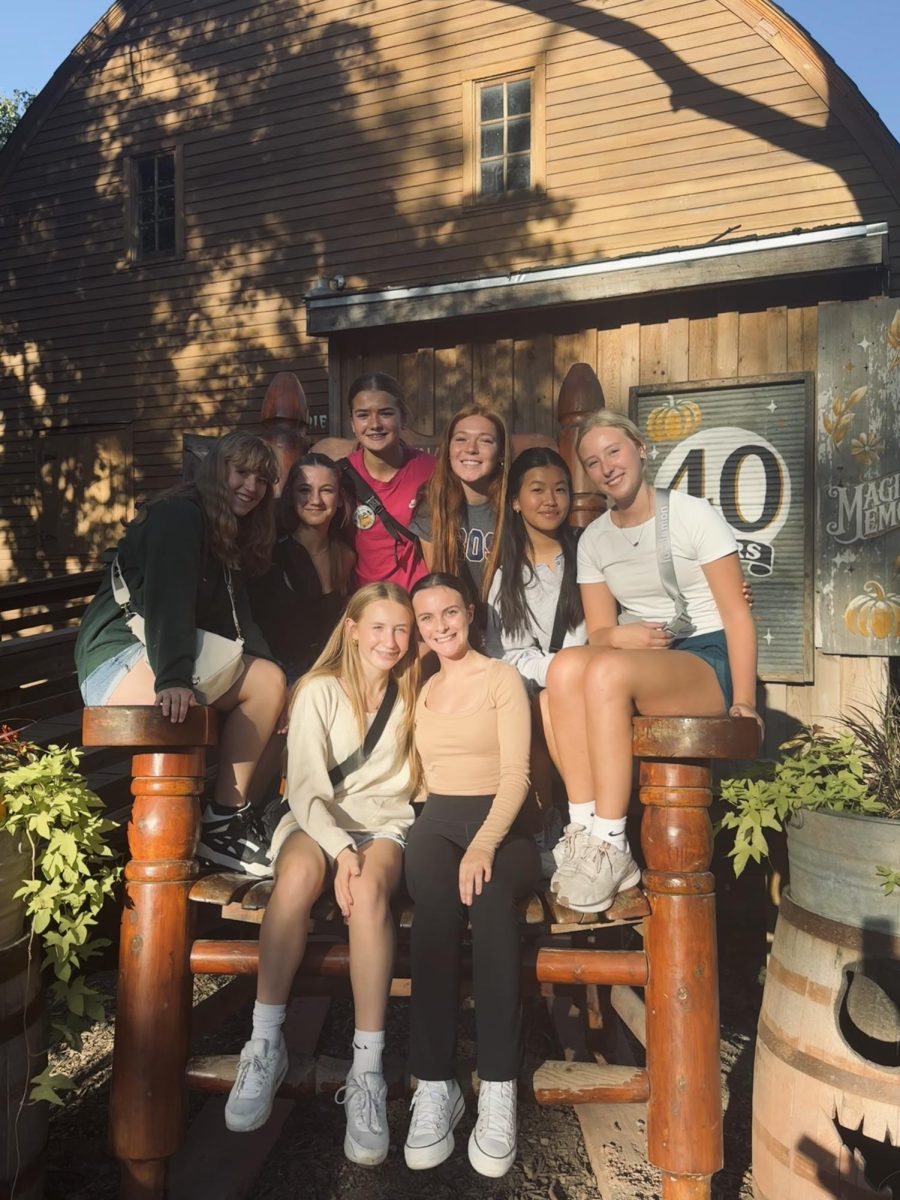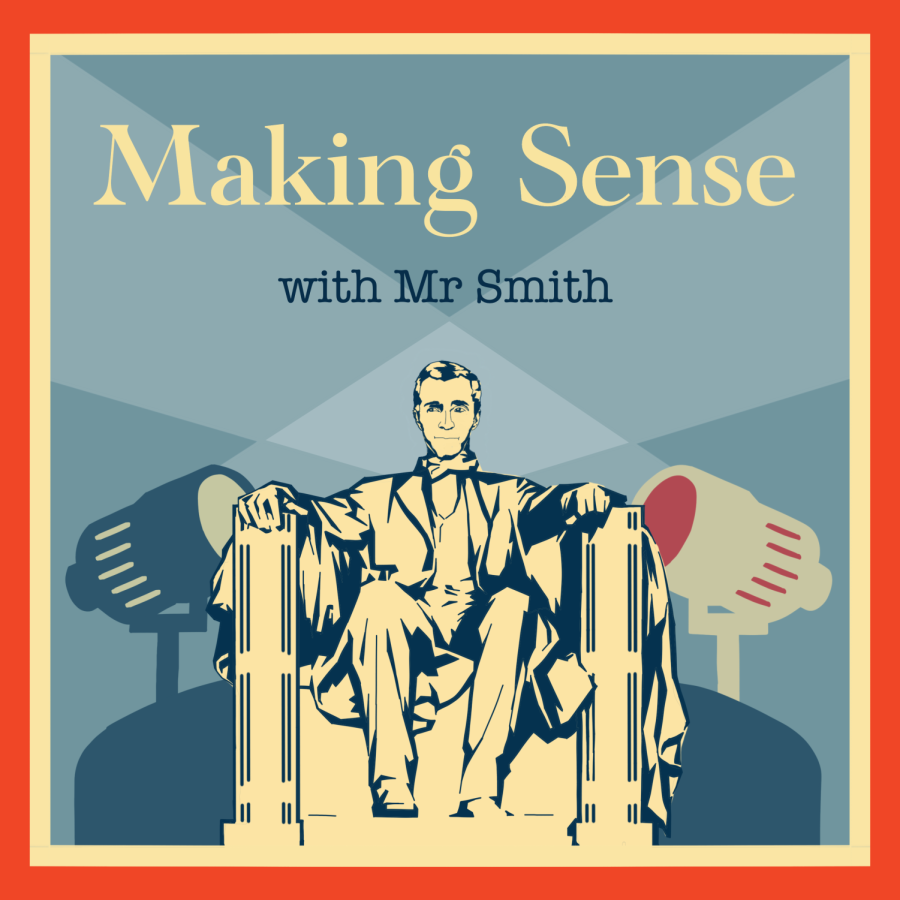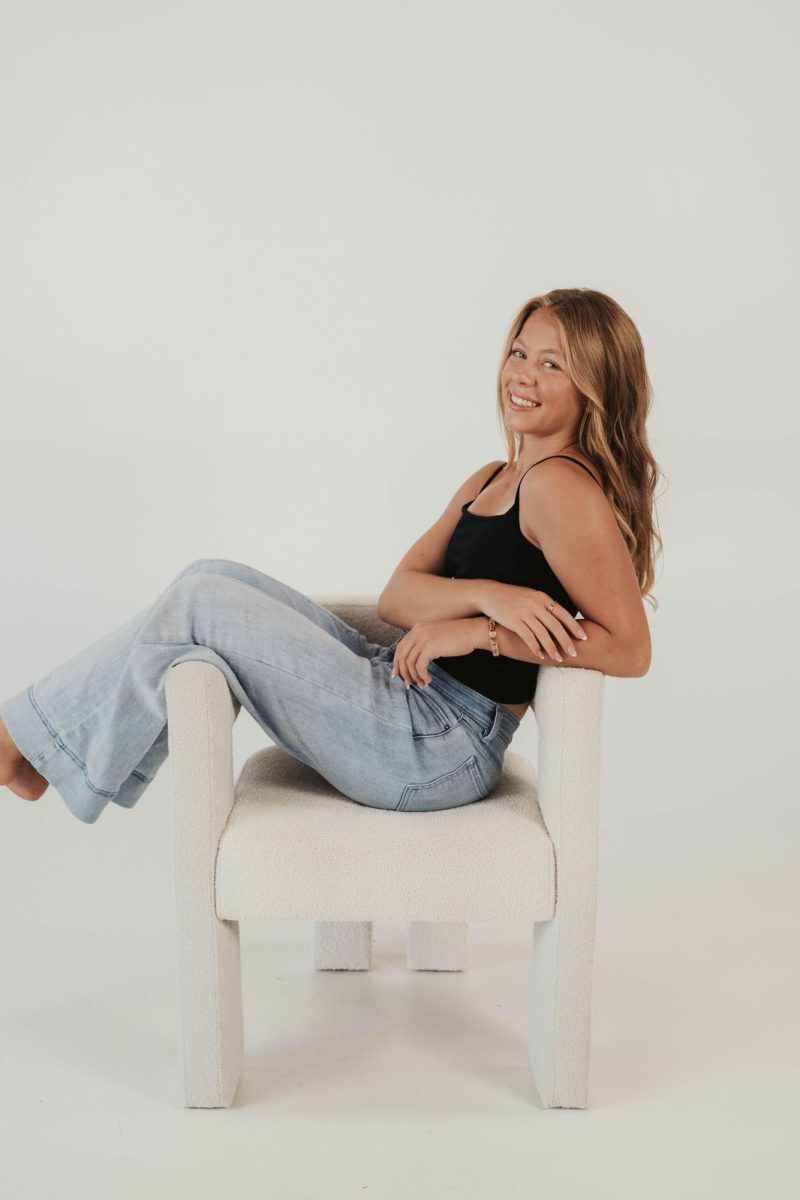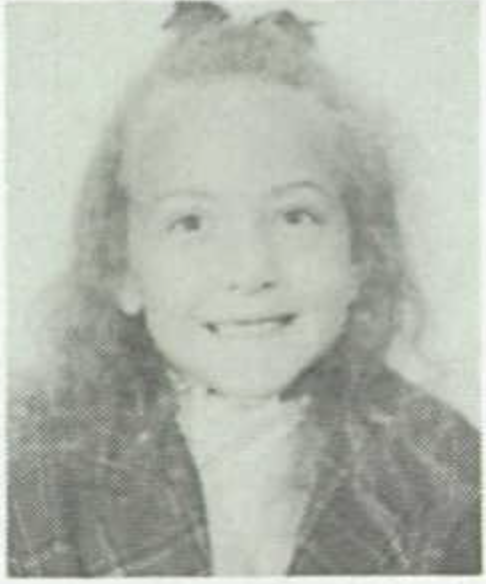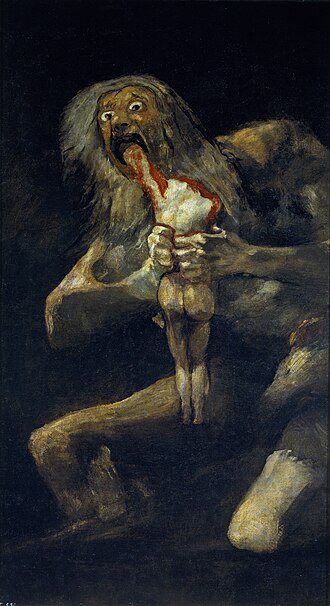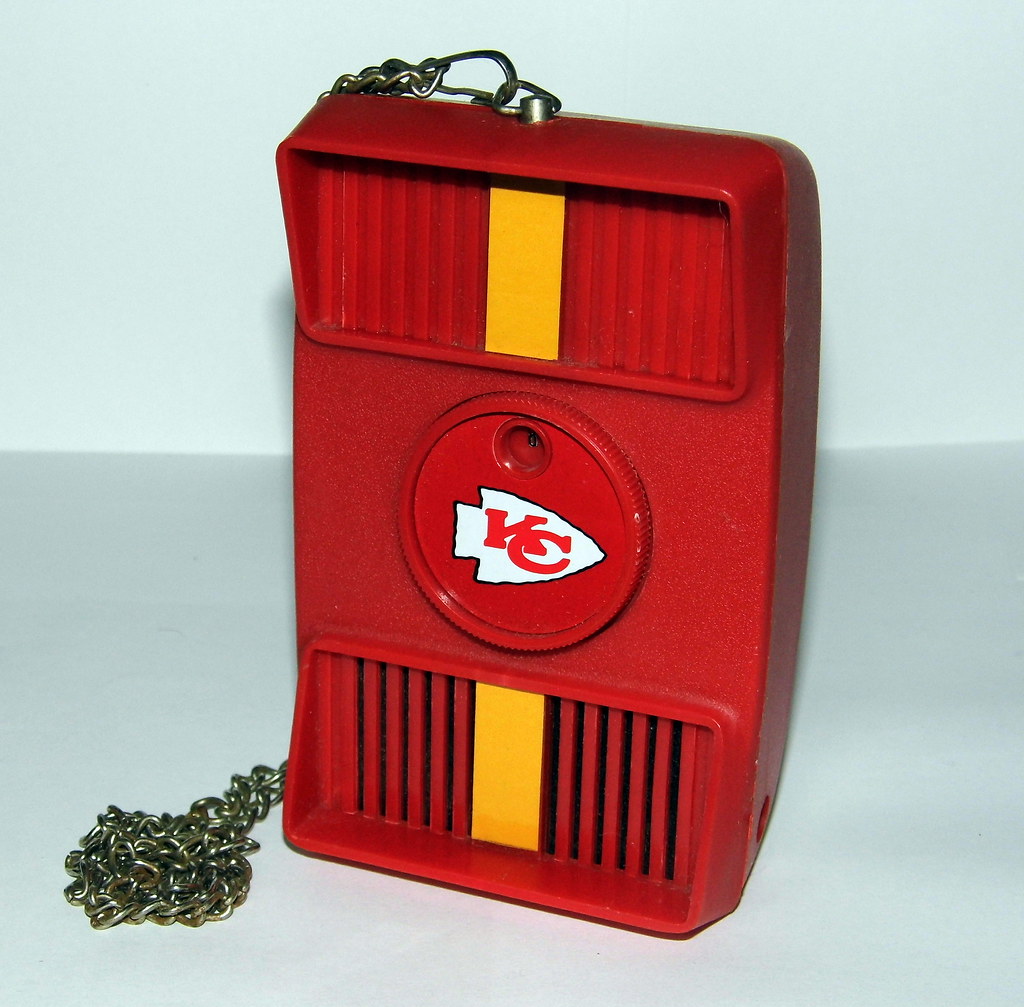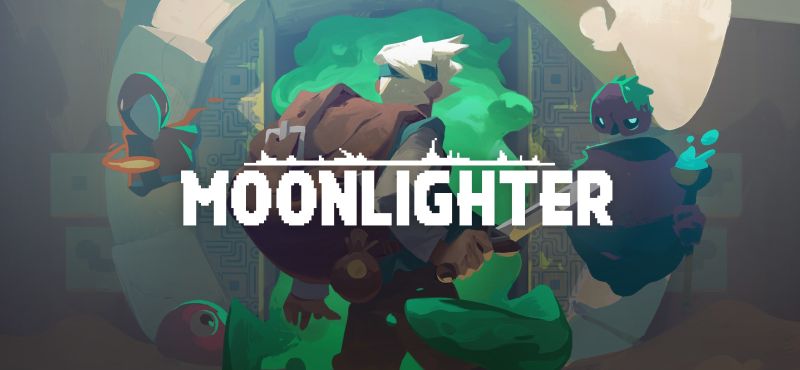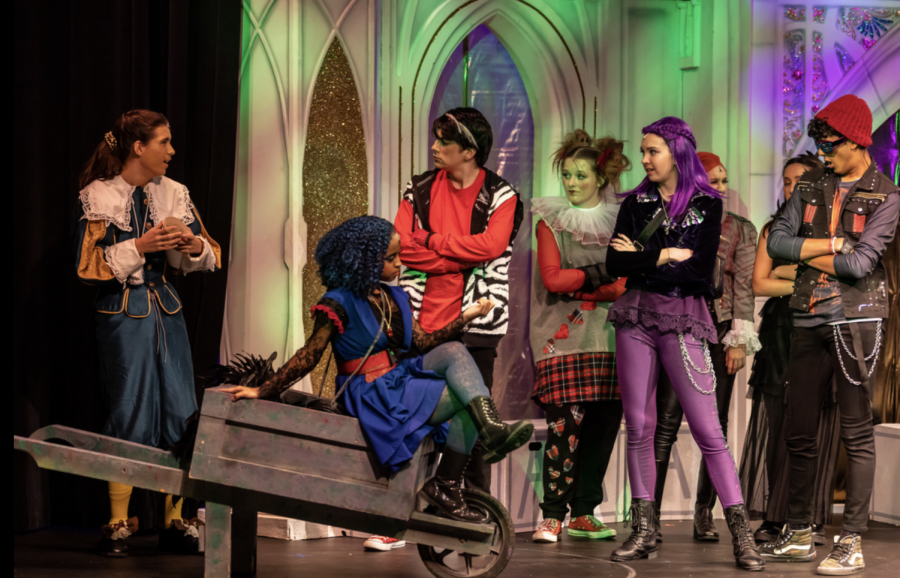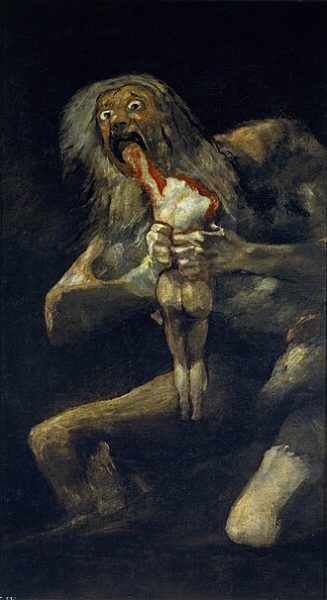Brownell Talbot Theater: Behind the Scenes
A rare peek into the months-long work that is undertaken by dozens of BT students prior to a live performance in Swanson Auditorium.
At Brownell Talbot our theater program starts at a young age. The first glimpse into the theater students get is in 2nd grade with the Fables Project. Then, in 5th-8th grade, students start taking a required theatre class where students will learn about writing shows, performing, and the history of the performing arts. During your time at BT, students will spend a total of two school years taking a theatre class. Even though theatre is required, Mrs Morgan finds a way to make it fun, energized, and educational. Although the actors are very important to a show, there would be no show if there was no technical crew.
Every year Brownell performs two varsity shows: a fall musical, and a spring play. While Mrs Morgan has been here BT has performed The Little Mermaid, Decendents, I Never Saw Another Butterfly, and Puffs. These shows all used intricate technical aspects that changed the entire show. Imagine Descendants without the creepy dark lighting for The Ilse of the Lost, then it would just look boring and not fit the scene at all. Imagine The Little Mermaid without Ursula’s tentacle costume, or even without microphones for the actors. Believe it or not, all of those things are run by a tech crew.
There are many aspects of the theatre. The jobs for each show include stage manager, hair, makeup, light board, spotlights, sound effects, mic sound, run crew, props, costumes, and set builders. All of those jobs play a vital role in every show ever performed. The costumes and lighting set the mood for each scene and song. You wouldn’t want dark and gloomy lighting for a happy scene. Each costume you see on stage is thoroughly thought through and planned out before being created. Mal and Evie’s costumes were carefully planned out before our customers started adding all the details and designs.
On stage, the actors deal with many moving parts. But who movies those parts? Those people are called the run crew. Run crew means that if there is a set piece that needs to be moved on or off stage they are the ones moving them. Props also change the mood of a scene. It’s all fine and dandy when an actor mimes using a telephone, but the scene looks much better when the actor can use a real phone. Just like costumes, props are carefully thought out and planned before using them on stage. If an actor needs to throw something or even damage it, the props department needs to plan out how that certain prop will break safely on stage without harming anyone or anything. In Descendants, there was a newspaper prop that needed to be created. If props were simply left as a plain sheet of newspaper, then it would be boring to look at from the audience. Instead, the props department wrote a title relating to the show’s storyline.
Finally, the leadership levels in the theatre. Think of it as a pyramid. At the top is the director, next is the stage manager, then then the actors and all other tech members. The director blocks the show (telling people where to go on a specific line) and holds all creative power over the lights, costumes, set, and props. The stage manager writes down all of the blocking and ensures that all the actors know their blocking, and make sure that the tech crew does their jobs well.

Katie is a senior at Brownell this year. She participates in volleyball, science olympiad, and theatre. She has a passion for campus history that is shown...
